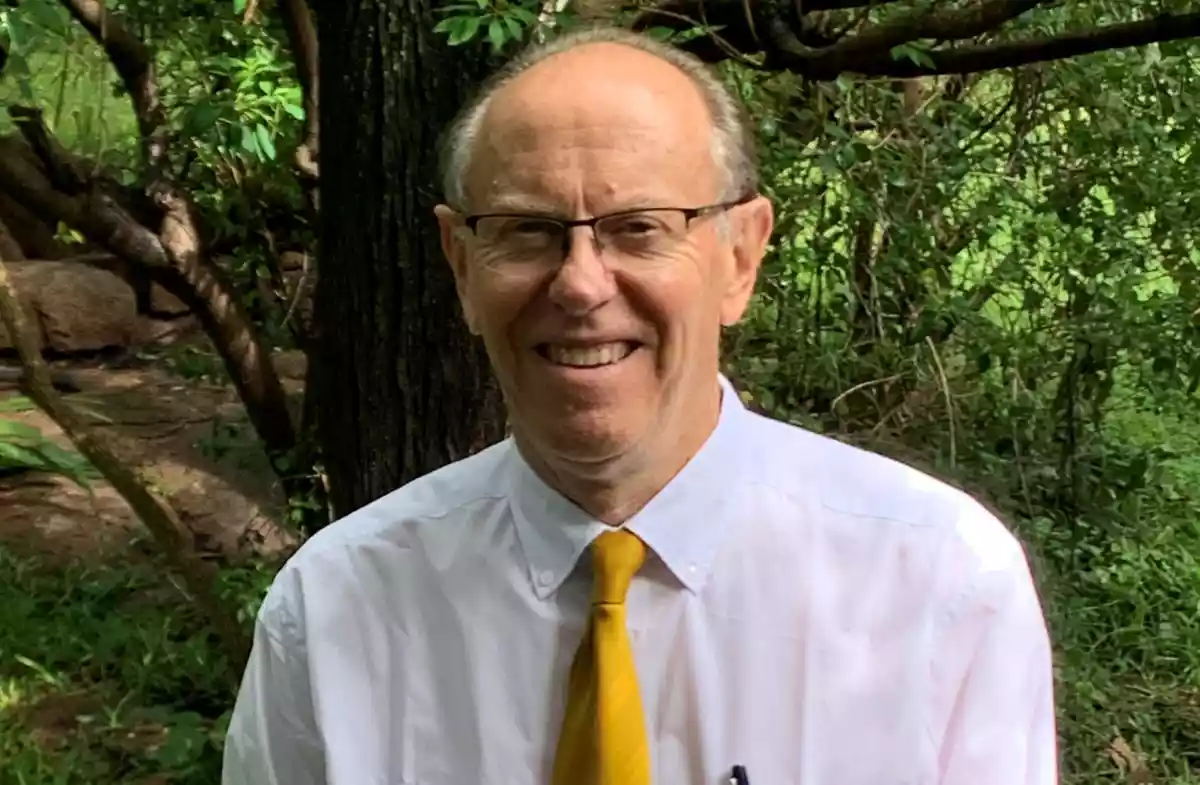
SOUTHERN Africa anticipates to commission new power projects that will add 30 000MW to the region between 2017 and 2022, as countries move to meet overwhelming demand, Energy and Power Development minister, Samuel Undenge said yesterday.
BY MTHANDAZO NYONI
Addressing delegates at the 48th Southern African Power Pool (SAPP) meeting in Bulawayo, Undenge said the current installed generation capacity in the SAPP amounted to 58 000MW and there was need for member states to work hard to meet demand by 2022.
“Out of this, about 47 000MW is operating against a demand of around 53 000MW, giving an operational deficit of around 6 000MW. The pace of commissioning new projects is still slow, but the electricity deficit is expected to be overcome by around 2022,” Undenge said.
“We take cognisance of and applaud the various efforts being put by all Sadc member states that will result in around 30 000MW of new generation capacity being commissioned between 2017 and 2022. This is as it should be as power is critical for all facets of economic development,” he said.
Undenge said though there was notable progress in implementing generation projects, the same could not be said for transmission projects. He said transmission projects were critical to evacuate the power from generation sources to various load centres within the region.
“There are still a lot of transmission constraints that are affecting electricity trading among the SADC member States. In 2016, 66% of the energy that was matched and available for trading on the competitive market could not be traded due to transmission constraints,” he said.
In addition, Undenge said SAPP has three of its members (Angola, Malawi and Tanzania) that are non-operating and still not connected to the rest of the SAPP grid.
- Chamisa under fire over US$120K donation
- Mavhunga puts DeMbare into Chibuku quarterfinals
- Pension funds bet on Cabora Bassa oilfields
- Councils defy govt fire tender directive
Keep Reading
He, however, said a number of transmission projects have been identified to remove transmission congestion and also to interconnect the three members of SAPP.
“The challenge has been to take these projects to implementation stage and I implore SAPP to come up with innovative ways that would enable implementation of these projects,” he said
Despite these challenges, Undenge said SAPP has made significant strides on the electricity trading side.
SAPP is also operating four products on its competitive market platform that include, month ahead, week ahead and hour ahead markets.
“Such a market structure provides for flexibility among its members and is favourable in the promotion of renewable energy development as they can easily participate on the short term markets such as hour ahead with less weather forecast risk,” he said.
Last year, $70 million was realised using these markets, Undenge said.










